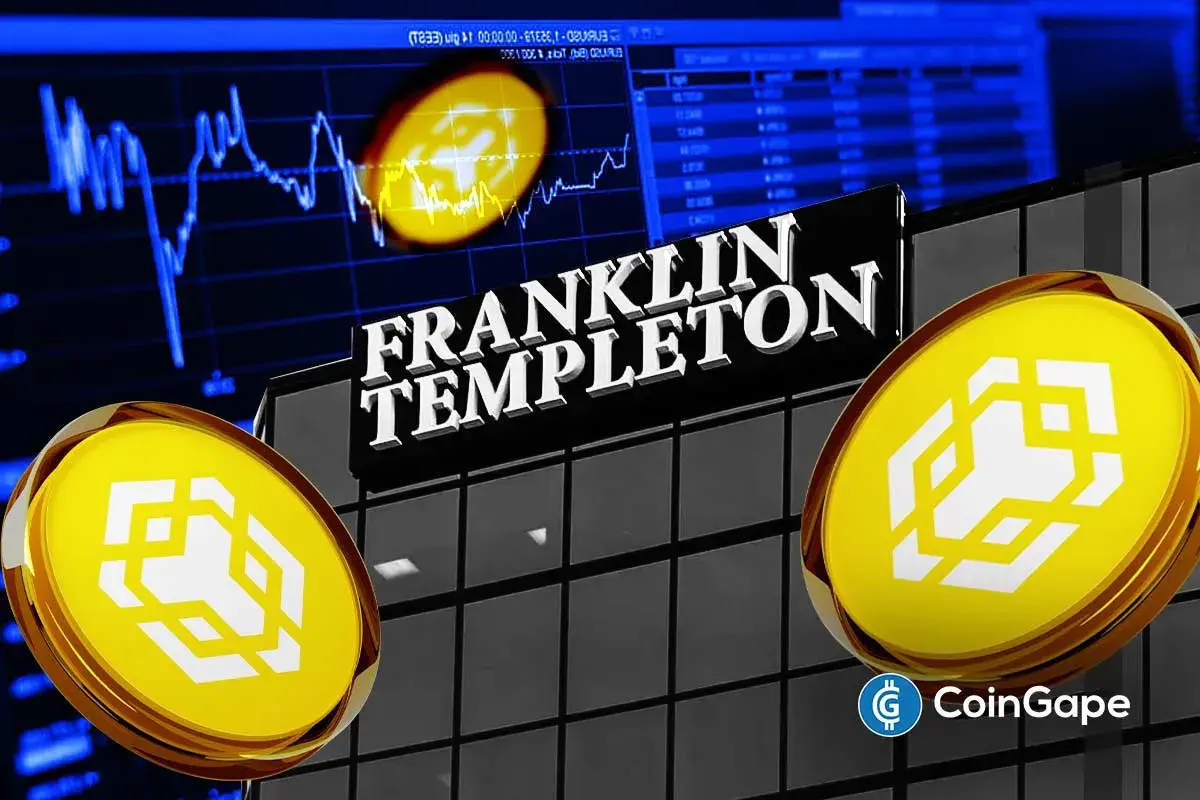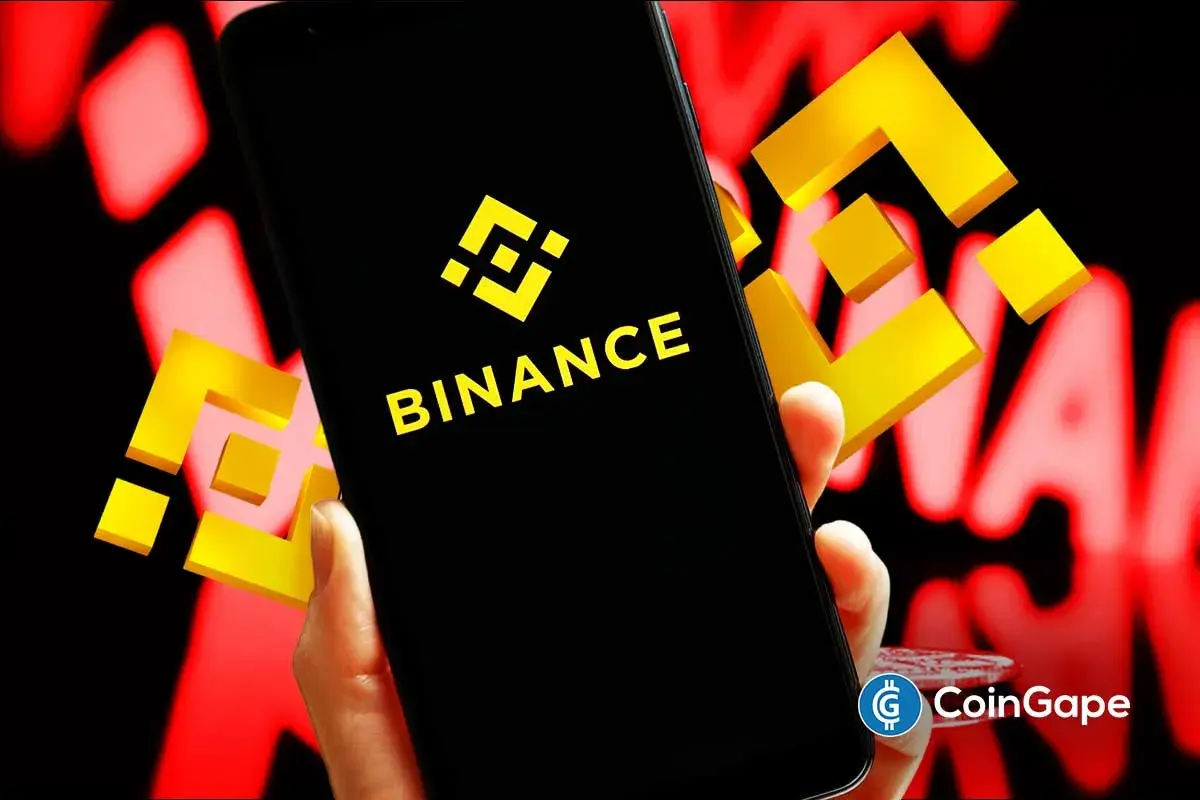Paradigm Accuses the SEC of Playing A Witch Hunt Against Binance

Crypto venture capital firm Paradigm has lashed out at the U.S. Securities and Exchange Commission (SEC) for circumventing the rulemaking process in their ongoing case against crypto exchange Binance.
In a statement on Friday, September 29, Paradigm noted that the SEC is trying to utilize the troubling allegations it presents in its complaint to modify the law without going through the established rulemaking procedure. The SEC is clearly overstepping its jurisdiction, and we reject this maneuver, it added.
In June, the SEC filed a lawsuit against Binance, alleging numerous violations of securities laws, including operating without proper registration as an exchange, broker-dealer, or clearing agency. Paradigm also highlighted that Binance was just one of several crypto exchange cases pursued by the SEC recently and expressed concern that the SEC’s position “would fundamentally change our understanding of securities law in several crucial respects.”
Besides, Paradigm also pointed out the faults with the SEC’s Howey Test. The SEC frequently employs the Howey Test, derived from a 1946 U.S. Supreme Court case involving citrus groves, as a tool to assess whether transactions qualify as investment contracts and are consequently subject to securities regulations.
Paradigm, in its amicus brief, argued that numerous assets are actively promoted, bought, and sold based on their profit potential. However, the SEC has consistently given them a pass not to be securities. The brief also highlighted examples like gold, silver, and fine art, emphasizing that the mere potential for appreciation in value does not automatically categorize their sale as a security transaction.
Circle Joins the Binance vs SEC Case
USDC Stablecoin issuer Circle is among the latest to join the Binance vs. SEC case. Circle believes that the US SEC shouldn’t treat stablecoins – either BUSD or USDC – as securities.
Circle argues that these assets should not be classified as securities primarily because purchasers of these stablecoins do not anticipate making a profit solely from acquiring them.
In their filing, Circle contends that “Payment stablecoins, when considered independently, lack the fundamental characteristics of an investment contract.” As a result, they assert that these stablecoins fall beyond the jurisdiction of the SEC.
Furthermore, Circle emphasizes that decades of legal precedents support the notion that a sale of an asset, when detached from any seller’s post-sale obligations or commitments, is inadequate for establishing an investment contract.
It will be interesting to see more crypto firms coming in Binance’s defense, going ahead.
- CLARITY Act: Crypto Group Challenges Banks Proposal With Its Own Bill Suggestions
- Trump’s Truth Social Files For Bitcoin, Ethereum, Cronos Crypto ETFs Amid Institutional Outflows
- Trump Tariffs: U.S. Supreme Court Sets February 20 for Potential Tariff Ruling
- Brazil Targets 1M BTC Strategic Reserve to Rival U.S. Bitcoin Stockpile
- Breaking: U.S. CPI Inflation Falls To 4-Year Low Of 2.4%, Bitcoin Rises
- Bitcoin Price Outlook As Gold And Silver Lose $3.6 Trillion in Market Value
- XRP and Ethereum Price Prediction as Trump Seeks to Lower Key Tariffs
- Solana Price Prediction as $2.6 Trillion Citi Expands Tokenized Products to SOL
- Bitcoin Price Could Fall to $50,000, Standard Chartered Says — Is a Crash Coming?
- Cardano Price Prediction Ahead of Midnight Mainnet Launch
- Pi Network Price Prediction as Mainnet Upgrade Deadline Nears on Feb 15















